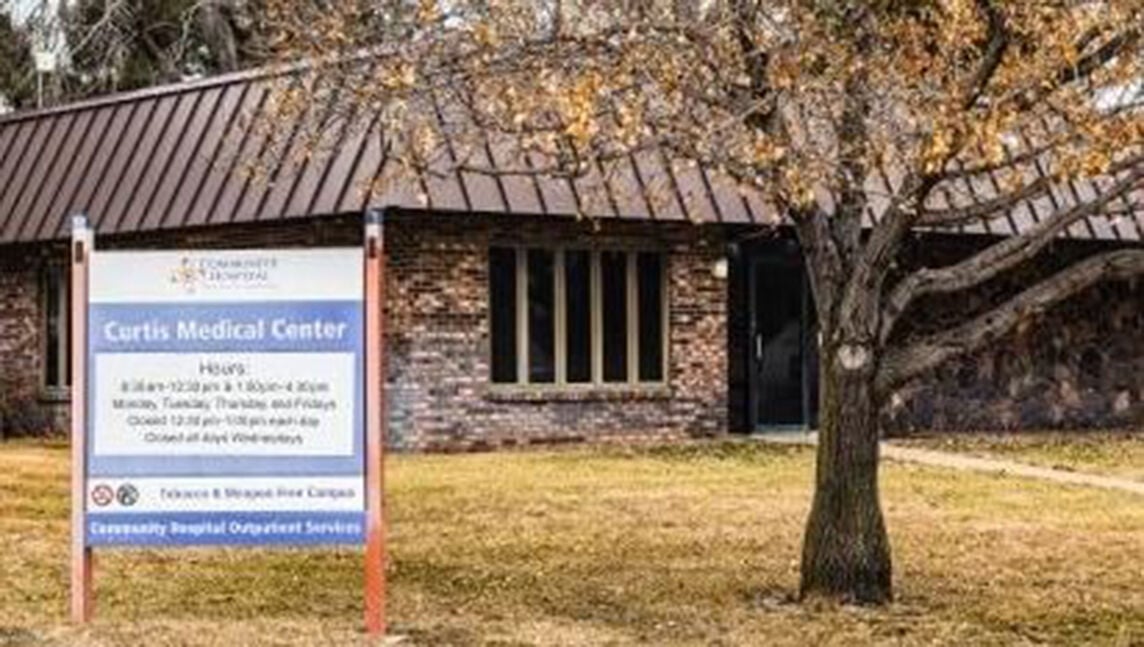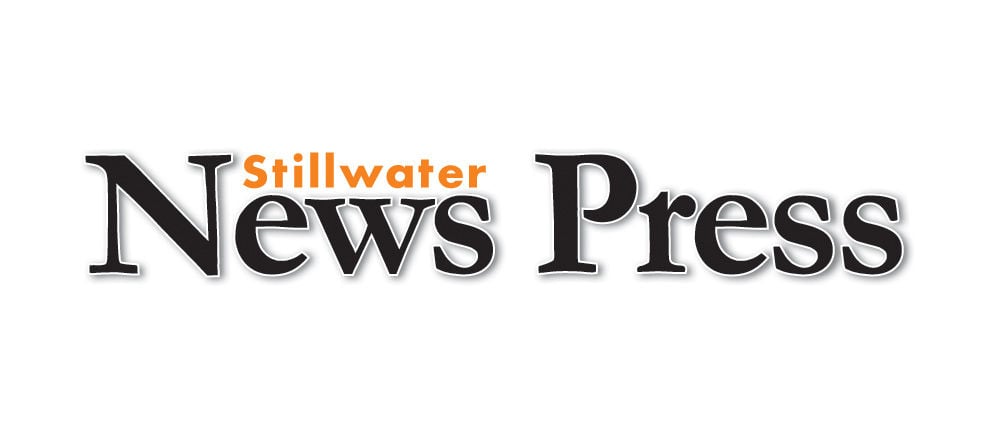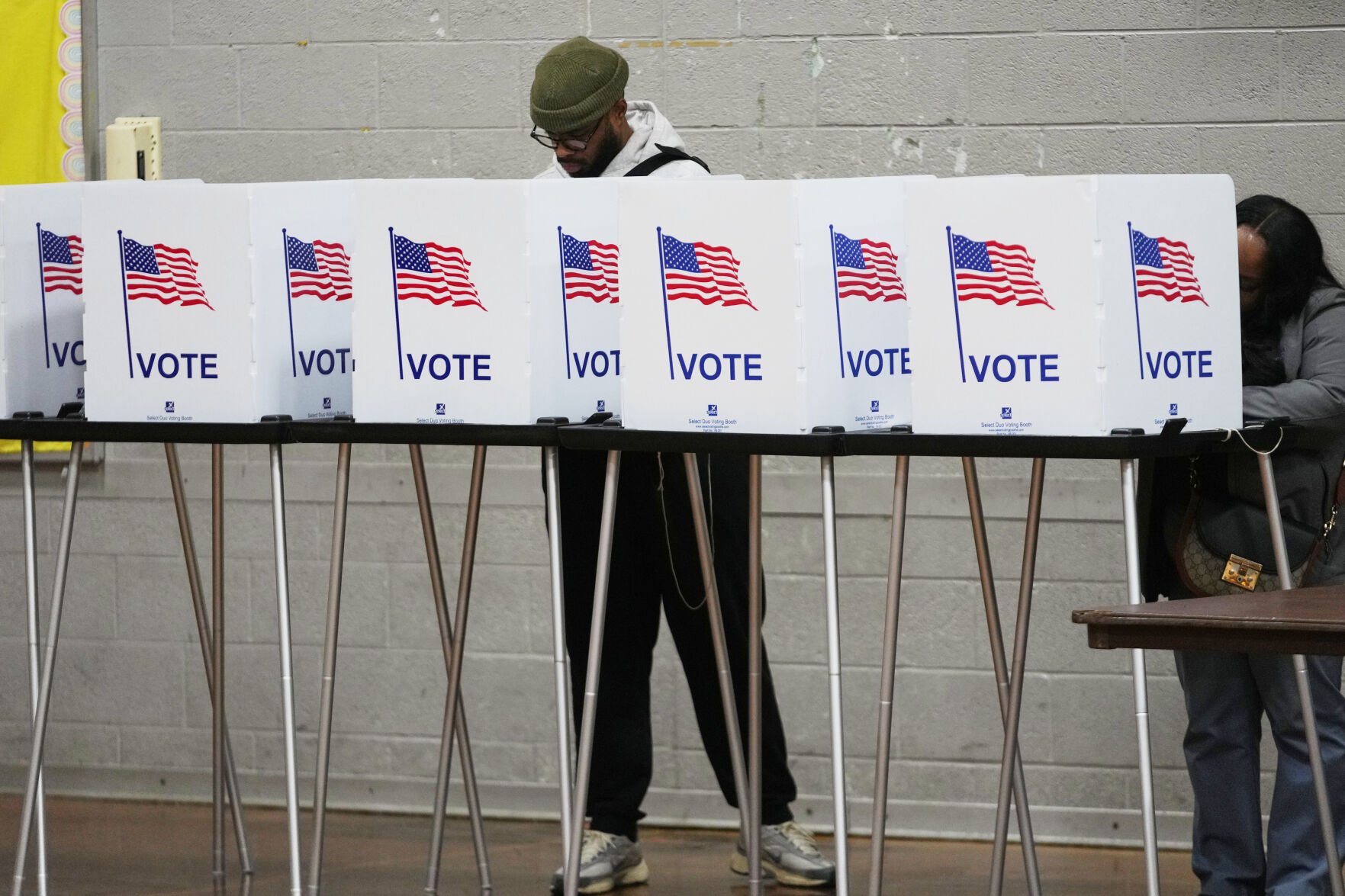As Congress moves to slash $1 trillion from Medicaid, a rural Nebraska clinic closes its doors, exemplifying the immediate impact of federal budget cuts on local healthcare services.
As Republicans in Washington cut Medicaid, a rural Nebraska health clinic closes

Key Takeaways:
- Nebraska Congressman Adrian Smith voted for significant Medicaid cuts.
- The House bill seeks to extend 2017 tax cuts.
- $1 trillion is proposed to be cut from Medicaid.
- A rural Nebraska health clinic is closing as a result.
- The vote reflects broader impacts on rural healthcare services.
Congress Passes Bill Extending Tax Cuts and Cutting Medicaid
On Thursday, Nebraska Congressman Adrian Smith joined 217 other House Republicans in voting to send a sweeping bill to President Donald Trump’s desk. The legislation aims to extend tax cuts enacted in 2017 and proposes slashing $1 trillion from Medicaid, the federal and state program that provides health coverage to low-income Americans.
Adrian Smith’s Support for the Bill
Representative Smith’s vote signals his support for the continuation of tax policies introduced in 2017. These tax cuts have been promoted as a means to stimulate economic growth and provide financial relief to taxpayers. However, the accompanying reduction in Medicaid funding has raised concerns about the potential fallout for vulnerable populations.
Closure of Rural Health Clinic in Nebraska
As a direct consequence of the proposed Medicaid cuts, a rural health clinic in Nebraska is closing its doors. The clinic has been a critical provider of medical services in its community, offering care to residents who might otherwise have limited access to healthcare. The loss of Medicaid funding threatens the viability of such facilities, which often operate on thin margins and serve a high proportion of Medicaid recipients.
Impact on Rural Healthcare Services
The shutdown of the Nebraska clinic underscores the broader implications of federal budget decisions on rural healthcare systems. Rural communities frequently rely on Medicaid to ensure their populations receive necessary medical attention. Cuts to the program can lead to reduced services, staff layoffs, and in some cases, complete closure of healthcare facilities.
Balancing Tax Cuts and Essential Services
The bill’s advancement highlights the ongoing debate over fiscal priorities in Washington. While the extension of tax cuts may offer economic benefits to some, the reduction in funding for essential services like Medicaid poses significant challenges. The tension between stimulating the economy and maintaining support for healthcare and other critical programs remains a contentious issue among lawmakers and constituents alike.
Looking Ahead
As the bill awaits the President’s signature, communities across the nation are bracing for the potential impacts. The situation in Nebraska serves as a cautionary tale of how policy decisions at the federal level can have immediate and profound effects on local communities. The closure of the rural health clinic is not just a loss for its patients but a reflection of the difficult choices faced when balancing budget considerations with the needs of the populace.











